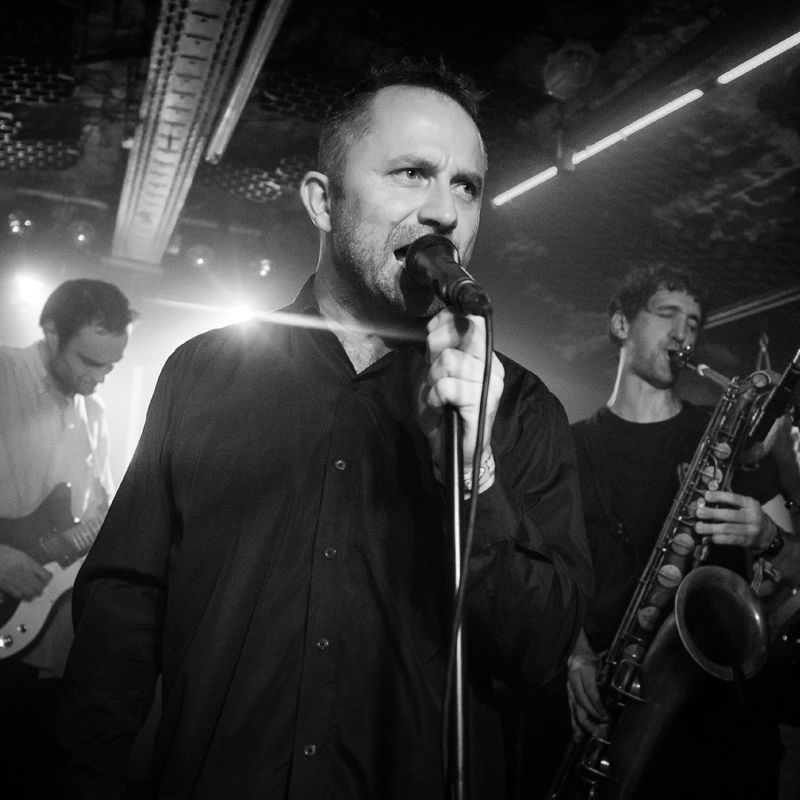
Drť at Pohoda in the Air
One of the non-traditional venues of Pohoda in the Air will be a military radar locator. Here, Slovak-Hungarian band Drť will play songs from the album Puntičkár. The author of the project is the composer and saxophonist Miroslav Tóth, also known for his collaboration with the Kronos Quartet. The band also includes other well-known musicians—composer Lucia Chuťková, Marek Buranovský (Vojdi), Márton Csernovszky (The Best Bad Trip), Áron Porteleki (Thisnis, Dorota), and Michal Kaščák (Bez ladu a skladu). The songs are muzicalization of the statements of the former head of the State Security Service, Alojz Lorenc, and the stylization was taken care of by Marek Kundlák and they are dedicated to the victims of persecution, repression, and murders of the communist regime.
01. July 2020
The last head of the State Security Service, Alojz Lorenc, gave an interview to the daily SME in 2014, in which he talked about his work in leading state security in the late 1980s, as well as about life after the Velvet Revolution, helping PENTA as corporate risk director (their cooperation continues to this day). Lorenc's story is one example of the transformation of society from the period of totalitarianism to the present day. The statements of the former member of the secret service (and a cryptologist) become a tool for adapting and obscuring the actions of the communist regime, which persecuted and cruelly punished its opponents—with many paying with their lives for their courageous attitudes. In the light of this historical parallel, Lorenc's statements from the aforementioned interview appear extremely cynical. Music composer Miroslav Tóth said about the album: “First of all, I realize that while I comment on the statements of the general of the State Security Service in today's times of democracy, before 1989, many people who stood up to the regime were persecuted or even killed for their views. We still do not know their stories well enough. However, their families and survivors are still here. We think mainly of them and only after that we think of the general. Puntičkár is the first work of a small contribution to the understanding of the history of obfuscation.”





